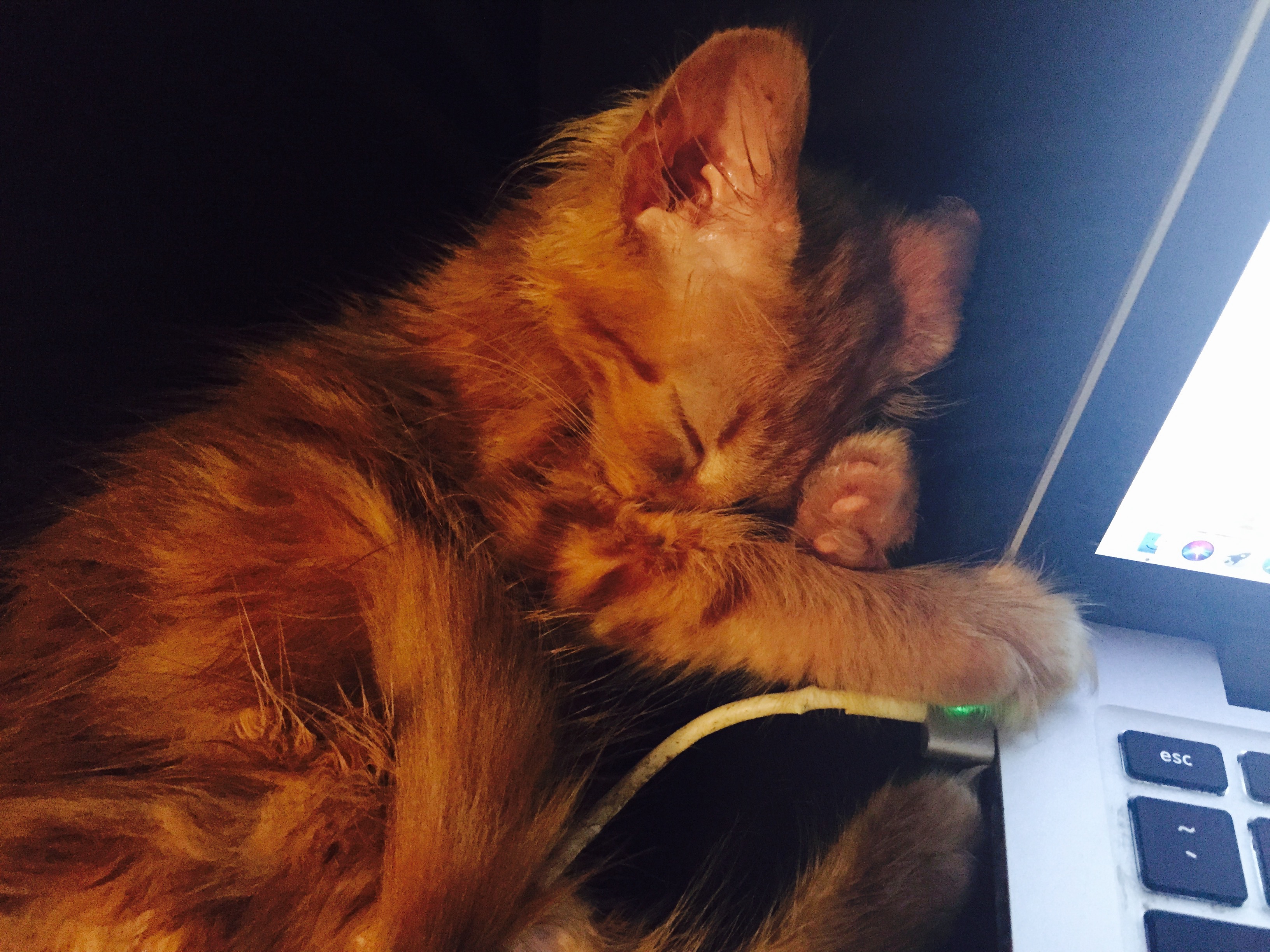welfare issues arising for pets due to COVID-19
For more information on animals and COVID-19
Visit the World Organisation for Animal Health and the Department of Agriculture, Water and the Environment’s Domestic Animals and COVID-19.
For human health information visit NSW Health.
Australia fortunately hasn’t experienced the rates of coronavirus infection that have been seen in many other countries. Part of the reason for this is that we were so good at quarantining ourselves – working and learning from home – to reduce the capacity of viral transmission. Sadly, the pandemic has also seen many people being stood down or losing their jobs, and even people attending workplaces have spent much more time at home than usual.
While we might think this was a great treat for our pets, in fact it was/is a massive change to their routine. And cats, like babies and children, thrive on routine. So do dogs. Suddenly, their world changed – some of them might have felt like it was Christmas every day; others might have wished they could have the house to themselves again.
“Their eating habits, sleeping habits and even places where they spend time in the house has changed,” said veterinarian Dr Anne Quain. “I’ve seen a spike in cats with urinary tract symptoms, such as straining to urinate, increased frequency of urination with smaller volumes, and blood in the urine. These can be signs of stress in a cat.”
Dr Quain said many people don’t appreciate that cats genuinely need long periods of the day to sleep. “If they cannot get away to sleep somewhere quietly, that can cause stress. People need to accept that their cat doesn’t always want to be in the same room as them.”
Secluded sleeping spots such as perches, igloos or even just a pillow in a quiet corner will provide your cat with peaceful refuge.
When people return to work and study outside the home, their pets lives will be changed again.

For your pets’ mental wellbeing, it is very important to try to maintain their routines as far as possible. This can be challenging and likely ‘fell over’ for all of us for at least a couple of weeks – we’re only human! But if you can, try to keep some fundamental elements of your pet’s day reliable and dependable, especially mealtimes.
Don’t give your cat extra meals because you feel you need to feed them every time they see you eat. This is a sure path to feline obesity and all the attendant health risks like diabetes, heart disease and arthritis. Dr Quain said she has seen many pets whose weight has crept up during this period, with some cats gaining up to half a kilo.
If you feel guilty that the afternoon tea you used to enjoy in the office is now consumed before the pleading eyes of your cat, put some of their regular food in a food puzzle. You can put a few biscuits in a treat ball – even in the cups of an egg carton so they have to fish them out. A few holes in a toilet roll core with the ends folded in will also have your cat working for the treats inside.
Bedtime and breakfast bookend our days and it’s the same for our pets, so try to keep these as consistent as possible. We know that many cats (and dogs) recognise different days, such as weekends versus workdays. If these are consistent, our pets can recognise them as part of a bigger regular pattern which doesn’t challenge their sense of security. We provide lots of cues our pets recognise as signalling a particular day or routine, from the clothes we wear to how long we take to eat breakfast.
However, when our mealtimes, sleeping patterns and activities of daily living become random and unpredictable, it leaves our pets with uncertainty. Routine gives them comfort because it gives them a sense of control over their lives. Uncertainty causes stress and even distress, because they don’t know when or whether their most basic needs are going to be met.
If life in your household is no longer predictable, it’s not too late to reintroduce routines, but try to make them routines that you can truly commit to; consistency is the key. You might need to reset gradually if the changes are going to be significant.
If you’ve been working or studying from home for a few months and suddenly return to work, this will be another significant change for your cat. Some cats might well be glad to see you out of their house for eight or nine hours a day but others may become anxious and feel abandoned; dogs may experience separation anxiety and any upset pet might start to exhibit destructive behaviours.
Keep the meal and bedtime routines, and set aside a daily dedicated playtime and grooming session. Non-drug calming interventions, such as Feliway, a synthetic feline pheromone (or for dogs, Adaptil) and Zylkene, a nutraceutical that promotes relaxation, can be very valuable in periods of transition. VitaRapid Tranquil Treats can also be very helpful.
If you have concerns or questions, please email or call us. Your cat might benefit from some very simple interventions to ‘recalibrate’ but some pets will need more significant attention for which you will need to consult a veterinarian or behaviour specialist. Most importantly, do not ignore or dismiss signs of changed behaviour: the sooner they can be dealt with, the more quickly they will resolve.
If you are stressed or anxious, your pet will sense this. Self-care is an important aspect of pet care, so if you need to some help, reach out. There are many excellent resources available free at Beyond Blue www.beyondblue.org.au or you can phone them on 1300 22 4636 or Lifeline on 13 11 14.





